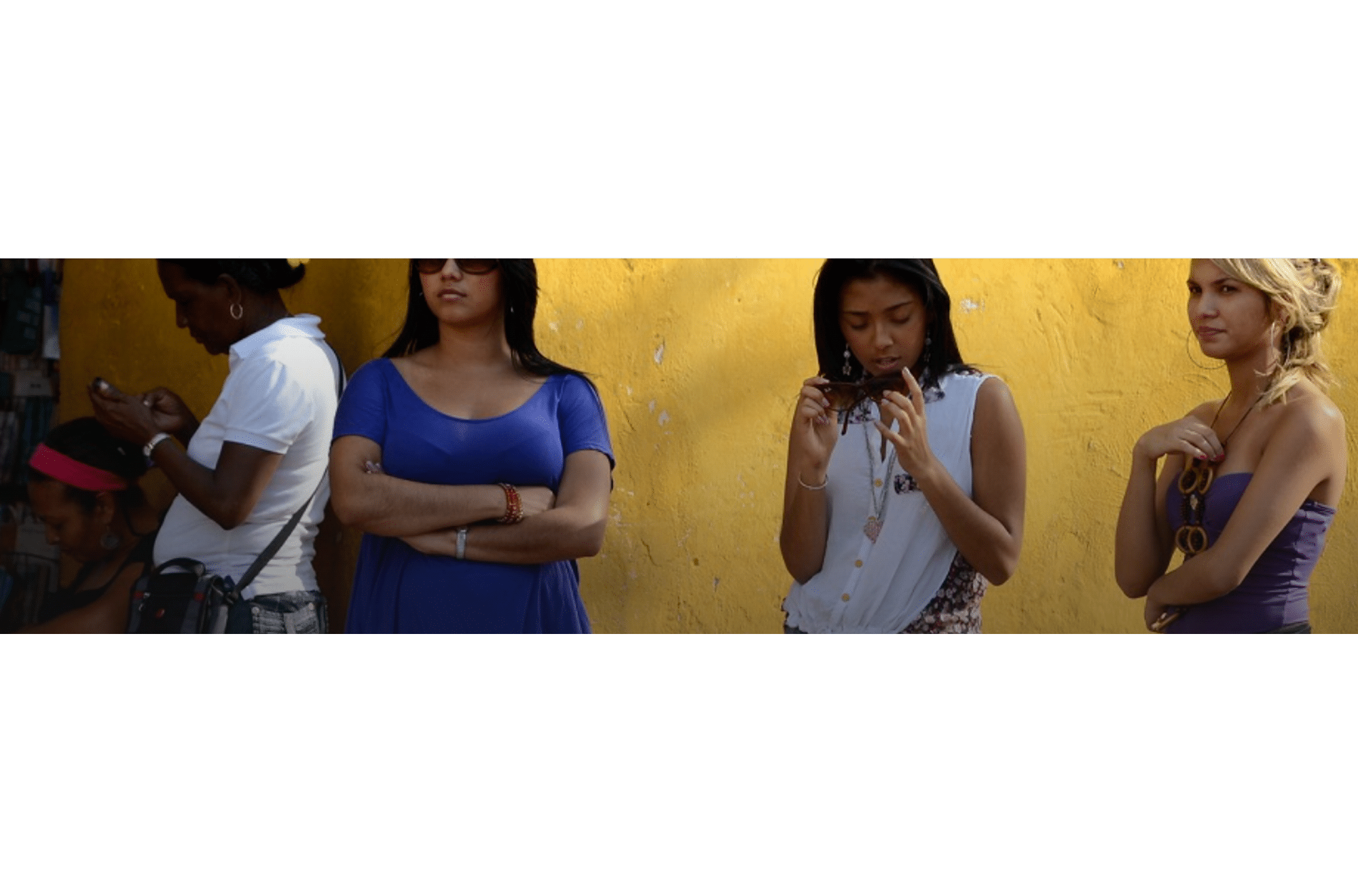
(Causa Justa: the social movement that shifted the debate on abortion in Colombia)by Ana Cristina González Vélez

Colombia’s Constitutional Court decriminalised abortion in February (2022). From now on, any woman or pregnant person will now be able to terminate their pregnancy voluntarily up to the 24th week. The road to the Court’s ruling has involved a series of educational, activist and awareness-raising efforts.La Mesa por la Vida y la Salud de las Mujeres (La Mesa, Network for the Life & Health of Women) is a feminist organisation founded in 1998 to achieve the complete decriminalisation of abortion in Colombia. In its early days, and because the country was one of the few in the world where abortion was totally prohibited, we helped open the debate with arguments to normalise the conversation about termination of pregnancy in any setting where it was possible.In 2006 the Constitutional Court decriminalised abortion on three grounds: risk to health or life, fetal malformation incompatible with life outside the womb; and rape. No limits on gestational age were established but requirements were introduced to allow access to abortion— medical certification for the first two grounds and reporting of the rape in the latter.La Mesa was committed to contributing to the implementation of the law and developed a five-part strategy. See: La batalla por el derecho al aborto. El caso de la Mesa por la Vida y la Salud de las Mujeres. (2021), co-authored with Isabel Cristina Jaramillo.We achieved the following:
- established case tracking to ensure women’s access to services and document the barriers they encountered,
- promoted work in the regions to build capacity among health and legal authorities and strengthen women’s networks,
- designed and expanded information dissemination and communication strategies,
- initiated advocacy in the Congress to promote progress, and
- encouraged the development of expert knowledge and training on the legal grounds for abortion.
These efforts have been crucial to transforming access to abortion services…. But it was mainly through case monitoring and producing expert knowledge that enabled us to turn the debate on abortion around….This work gave rise to the Causa Justa Movement. We argued that the legal basis for abortion was inadequate, that seeing abortion as a crime was counterproductive, unfair, ineffective and discriminatory, that most abortions were still illegal, and unequal access to abortion had increased the gaps between groups of women. The most vulnerable women suffered the most complications and prosecutions, and lacked access to safe and legal services. Secondly, safe and legal services would contribute to legitimising women’s reproductive decisions by creating an environment of social decriminalisation.We showed that in Colombia, since 2004, some 400 people per year had been prosecuted. The vast majority of these were women living in rural areas, particularly those under the age of 18. This and other evidence led us to formulate 90 arguments and create the Causa Justa Initiative, which became a movement two years ago.After almost 25 years, Causa Justa is now made up of more than 100 organisations in more than 20 parts of the country, with hundreds of supporters from social, political and public life. We aimed to eliminate the crime of abortion from the Criminal Code because it was more than an offence, it was a structural barrier that underlies all others and generates stigma.Understanding the social reality of abortion in ColombiaWe moved beyond the dilemma of being pro- or anti-choice by understanding the reality of abortion in women’s lives and the disproportionality of using criminal law to regulate a health service. Finally, we filed a constitutional challenge in the Colombian Court in October 2020. While the Court was debating our legal arguments, we intensified the teaching strategy with different audiences, appeared in traditional media and social networks, and generated a substantial social and political mobilisation around the issue.After more than 500 days since we filed the case, the ruling came down, putting Colombia at the forefront of Latin America and the world by eliminating the crime of abortion up to 24 weeks. Up to 24 weeks, any pregnant woman or person will be able to terminate their pregnancy voluntarily for their own reasons and based on their conscience; after 24 weeks the 2006 legal requirements still hold.The Court’s ruling also urged Congress and the government to create a comprehensive policy to provide timely and good quality abortion services while strengthening sex education, access to modern contraceptive methods, and eliminating violence against women. Thousands celebrated in the streets, and women can now exercise their rights. Today, Colombia is a freer and fairer country for women.SOURCE: LSE Latin America and Caribbean Blog + PHOTO: Pau García Solbes (CC BY-NC-SA 2.0) – Shortened and reprinted with kind permission from the LSE LAC Blog.SEE ALSO: Mexican, Colombian Supreme Court Justices Discuss Path to Abortion Rights, The Harvard Crimson, 21 October 2022



